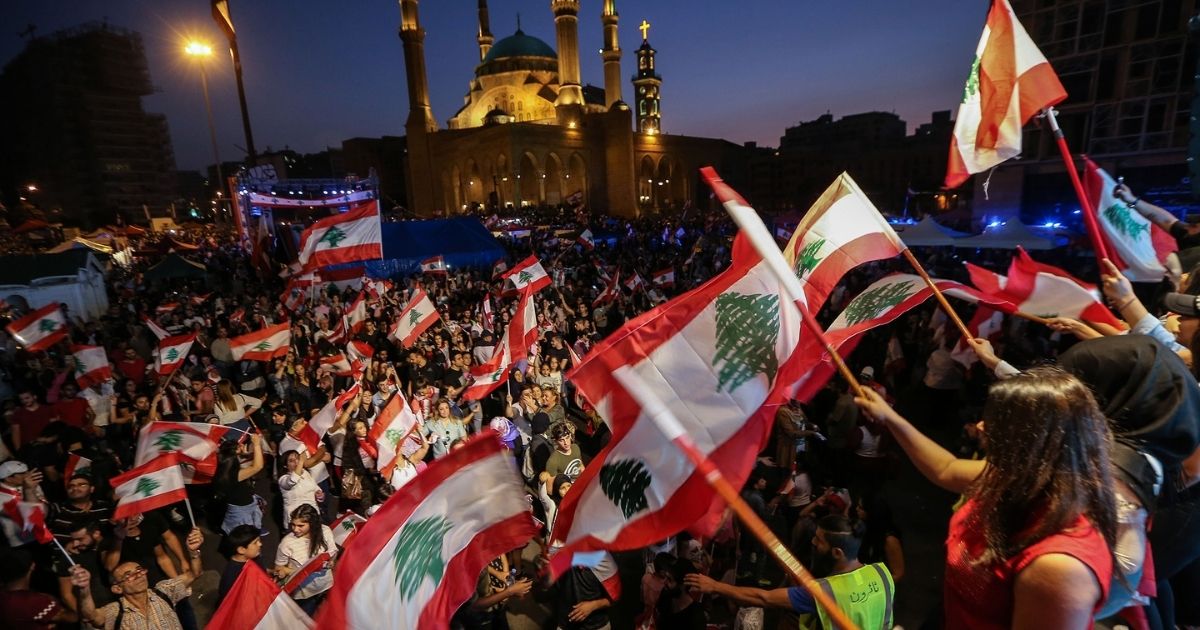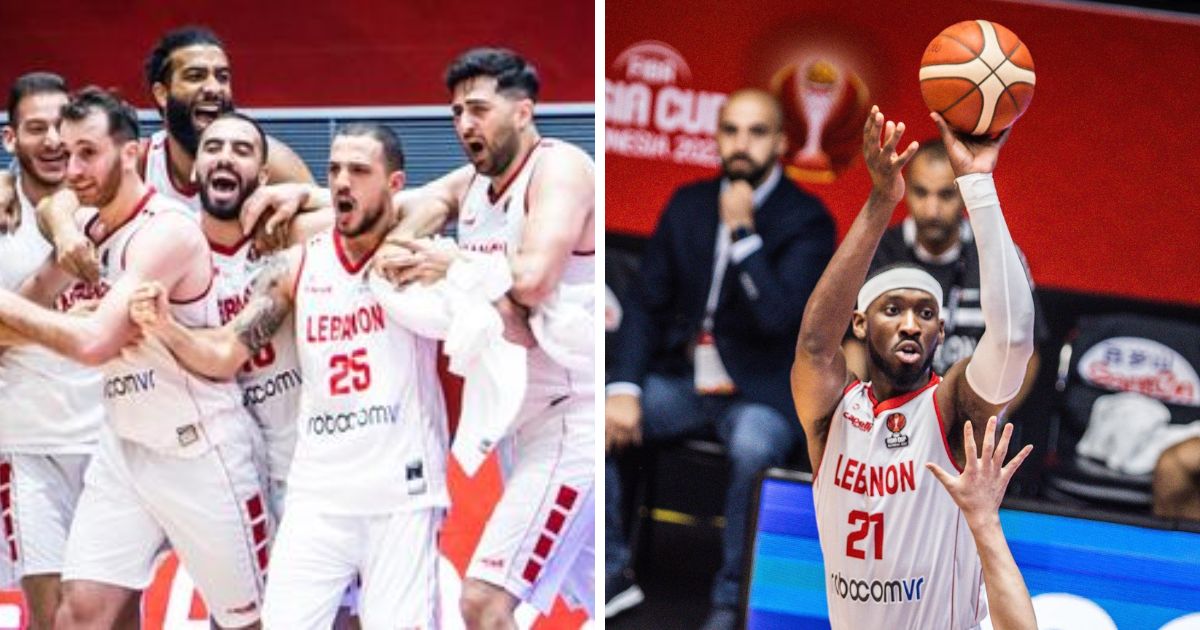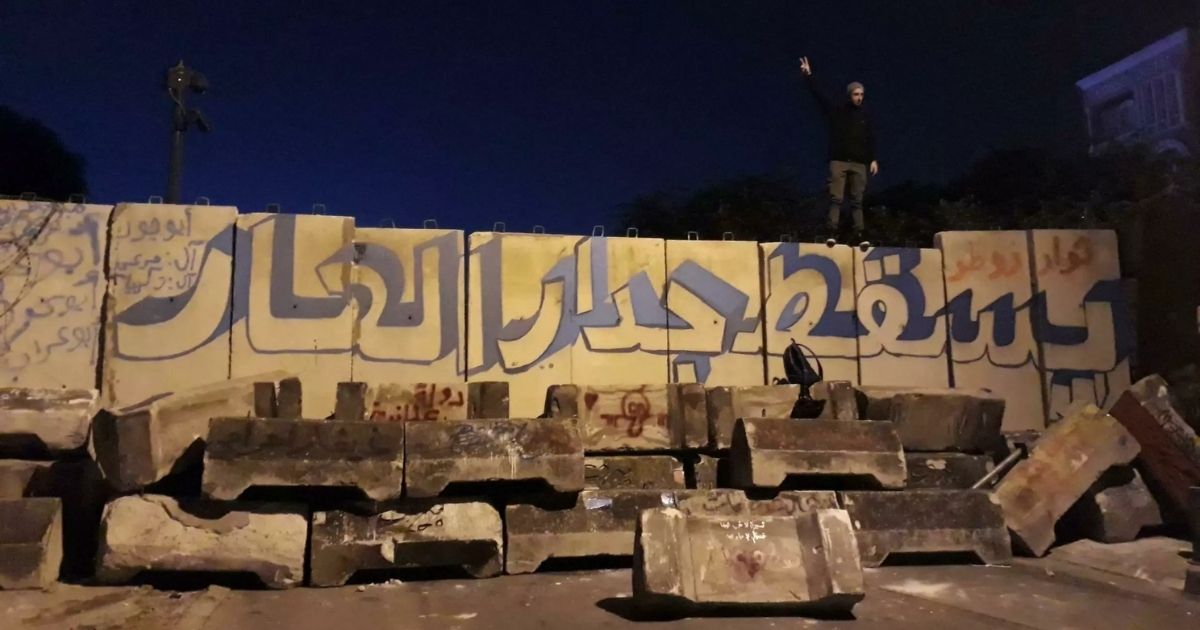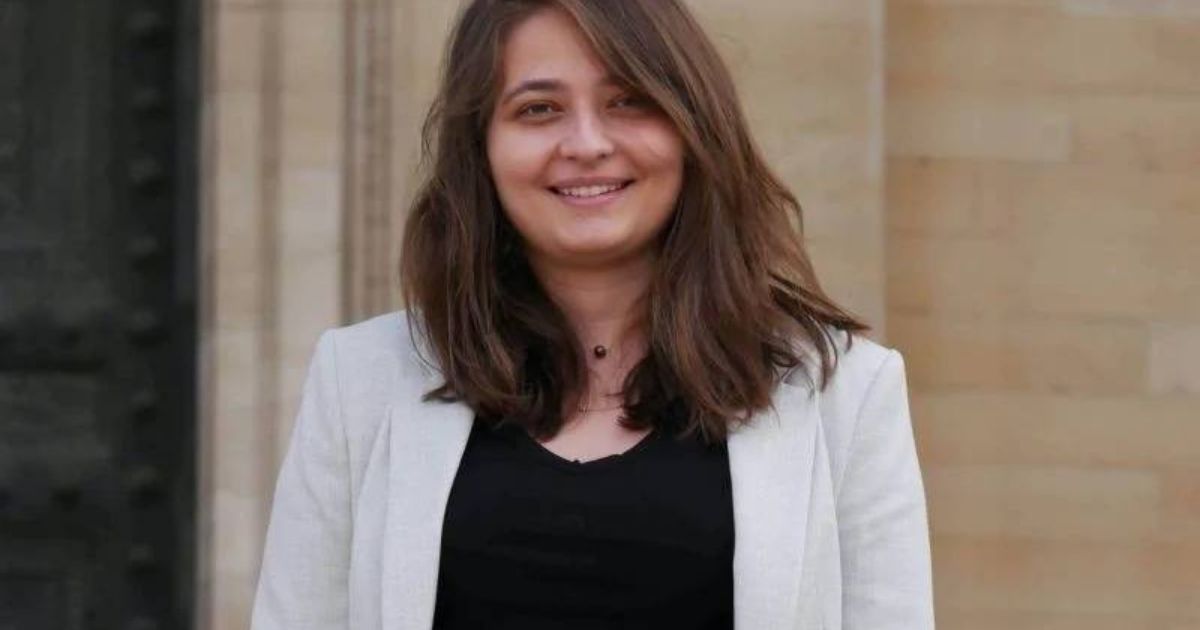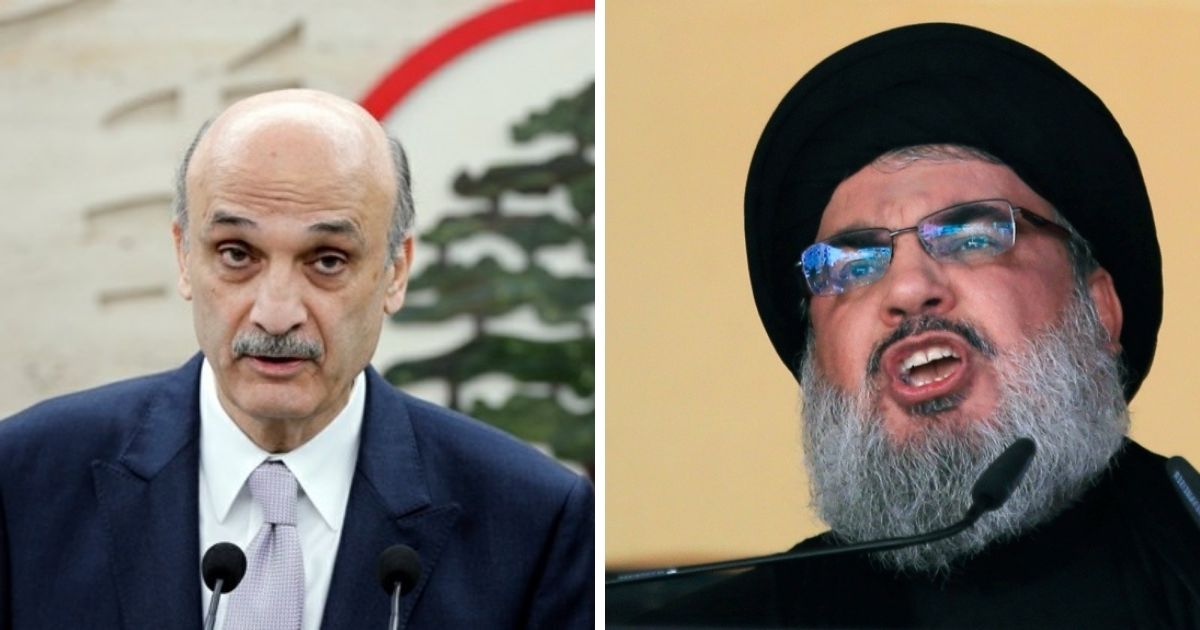On Monday afternoon, a day before the announcement of the new government, President Aoun set up a meeting with back-then caretaker interior and defense ministers Raya El-Hassan and Elias Bou Saab, and heads of security, to discuss the violence during the protests that were peaceful until recently.
Government sources of Al-Jazeera reported that the participants in that meeting accused “infiltrators” of destroying private and public property and attacking the security forces with rocks.
President Aoun followed it with a meeting with military and security chiefs who reportedly revealed that the “security forces have detailed information on these violent groups.”
The meeting revolved around how to “protect” the peaceful protesters and public properties, and prevent “infiltrators” from causing violence. No plan was revealed as to how they intend to do so.
However, Al-Fouhoud forces have been deployed now with checkpoints, buses of protesters heading to Beirut were stopped in two roads this week, and several arrests were made. It is uncertain that this new development is related to the said “detailed information on violent groups.”
It remains that many have reacted to the blaming of the ongoing anger on “infiltrators.” They took to social media to post under the Arabic hashtag “The Infiltrator is Me.”
Over the last week, the violence in the streets has increased upon the formation of a new government. Humans Rights Watch, Amnesty International, and the United Nations have condemned the excessive use of violence by security forces, which left more than 540 people injured.
Protesters were shot with tear gas canisters at a zero degree angle and were struck by rubber bullets that pierced their chests and, sometimes, their eyes. They were also attacked in the hospital and at the mosque of Al-Amin in central Beirut.
It should be worth noting that the increase in violence that has been taking place among some of the protesters, particularly in Beirut, was to be expected at the officials ignoring the Lebanese people and forming a government against their demands.
Many have felt that their voices were not being heard. Although most protesters still maintain that the protests should remain peaceful, and act accordingly, some have become too frustrated with the government’s silence over their pain.
These protesters feel that the violence and destruction that the government has practiced over the last 30 years are more than anything that they could possibly do.
Many, however, are still demonstrating peacefully, yet are not being spared from brutal attacks, whether by the security forces, as occurred recently outside the Sakanet El-Helweh among other sites, and also by thugs of political parties as occurred on Friday in Jnah, Beirut:


